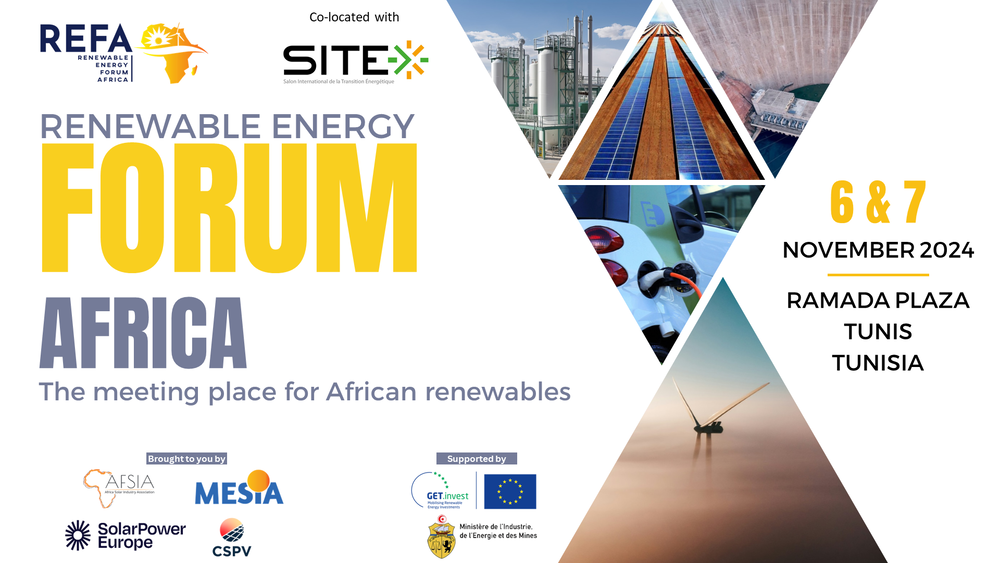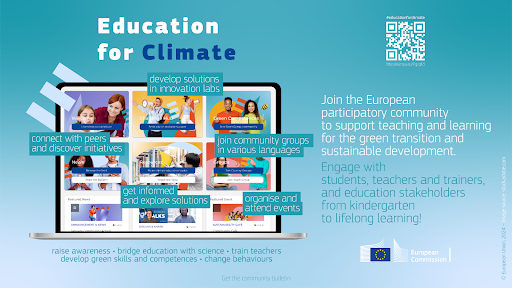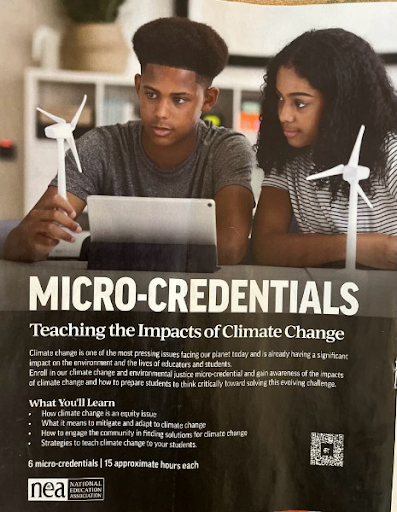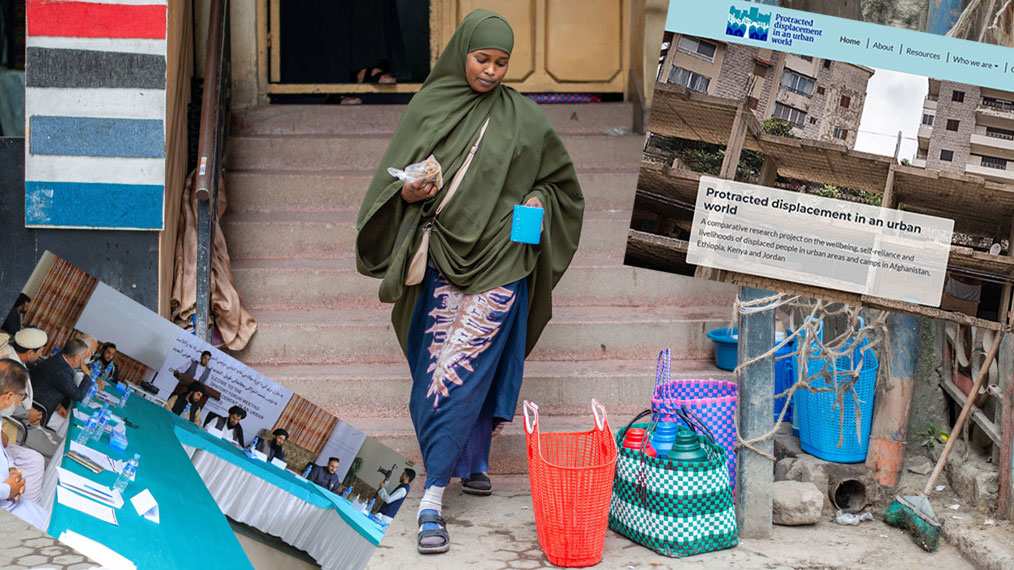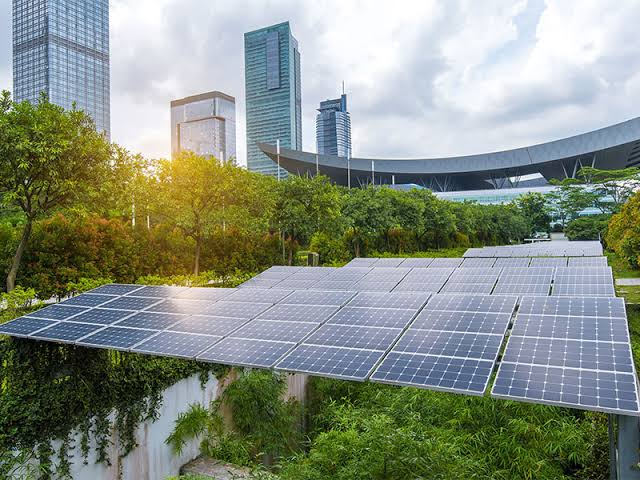Green Learning Network
Group
Group content visibilityJoin method
384 members
Access permissions
Group visibilityPublic - All visitors of the platform can see this group
Public - visible to all visitors to the platform.
Open to join - users can join this group without approval.
Invite only - users can only join this group if they are added/invited by group managers.
In the About page, click on "Communities" and join one or more of the following areas:
1) Student Recruitment
2) Research Alignment
3) Green Skills & Curricular Improvements
4) Student and Employee Retention
5) Career Guidance, Job Placement and Employee Hiring
6) Policies for the Green Economy Workforce and Education
After joining these communities, you can learn about and share resources, including successful precedents and guides, and build new solutions for local and large-scale systemic improvements. Through these efforts, researchers, employers, educators and practitioners will be equipped with the knowledge and skills they need to advance green economy policies and action. We will more quickly achieve the critical mass of knowledge and skills to advance green economy policies and actions.
1) Student Recruitment
2) Research Alignment
3) Green Skills & Curricular Improvements
4) Student and Employee Retention
5) Career Guidance, Job Placement and Employee Hiring
6) Policies for the Green Economy Workforce and Education
After joining these communities, you can learn about and share resources, including successful precedents and guides, and build new solutions for local and large-scale systemic improvements. Through these efforts, researchers, employers, educators and practitioners will be equipped with the knowledge and skills they need to advance green economy policies and action. We will more quickly achieve the critical mass of knowledge and skills to advance green economy policies and actions.
Upcoming Events
Informative message
No events found.
Green Learning Network
Created a Post in Green Learning Network
1 year ago
Created a Post in Green Learning Network
1 year ago
Created a Post in Green Learning Network
1 year ago
Created a Post in Green Learning Network
1 year ago
Created a Post in Green Learning Network
1 year ago
Created a Post in Green Learning Network
1 year ago
Created a Post in Green Learning Network
1 year ago
Created a Post in Green Learning Network
1 year ago
Created a Post in Green Learning Network
1 year ago
Created a Post in Green Learning Network
1 year ago
